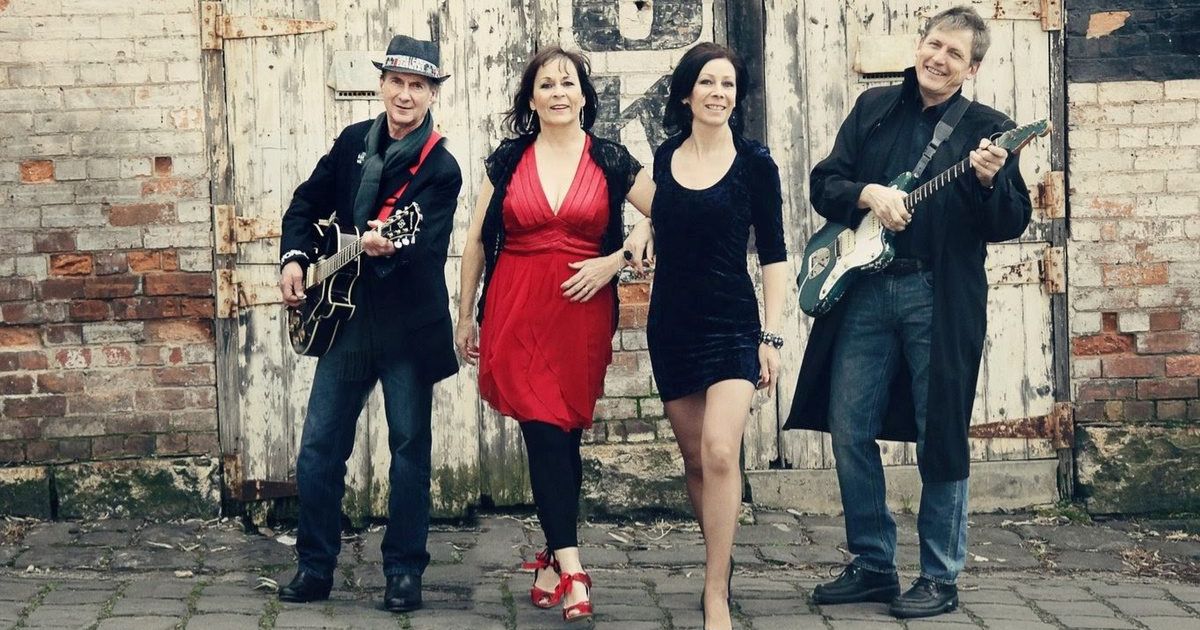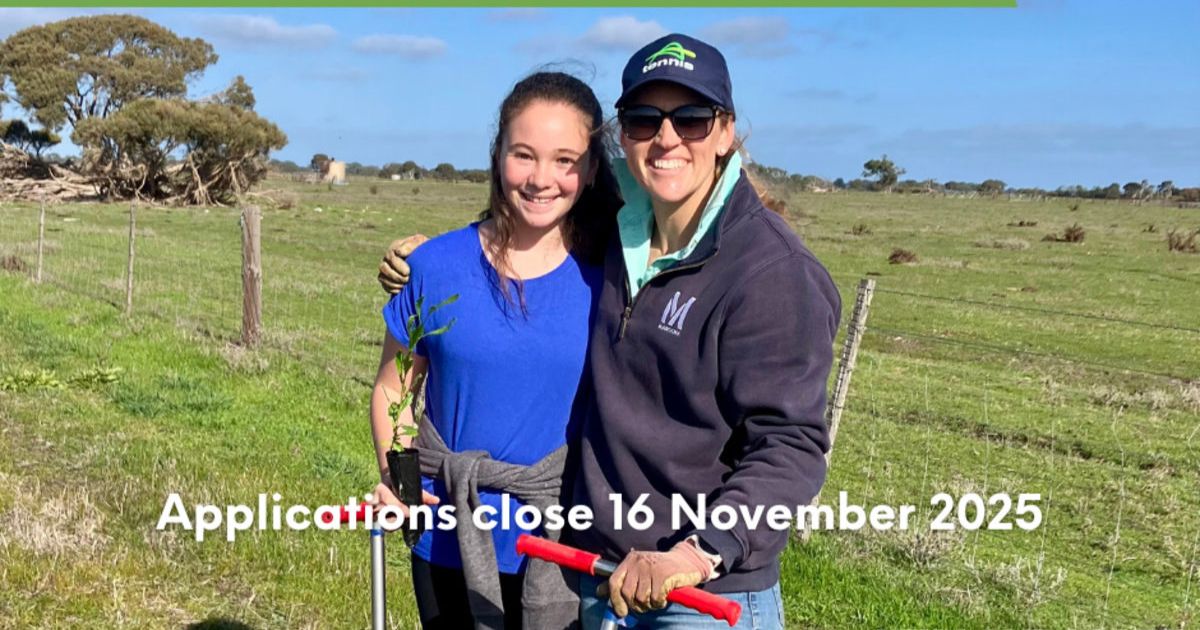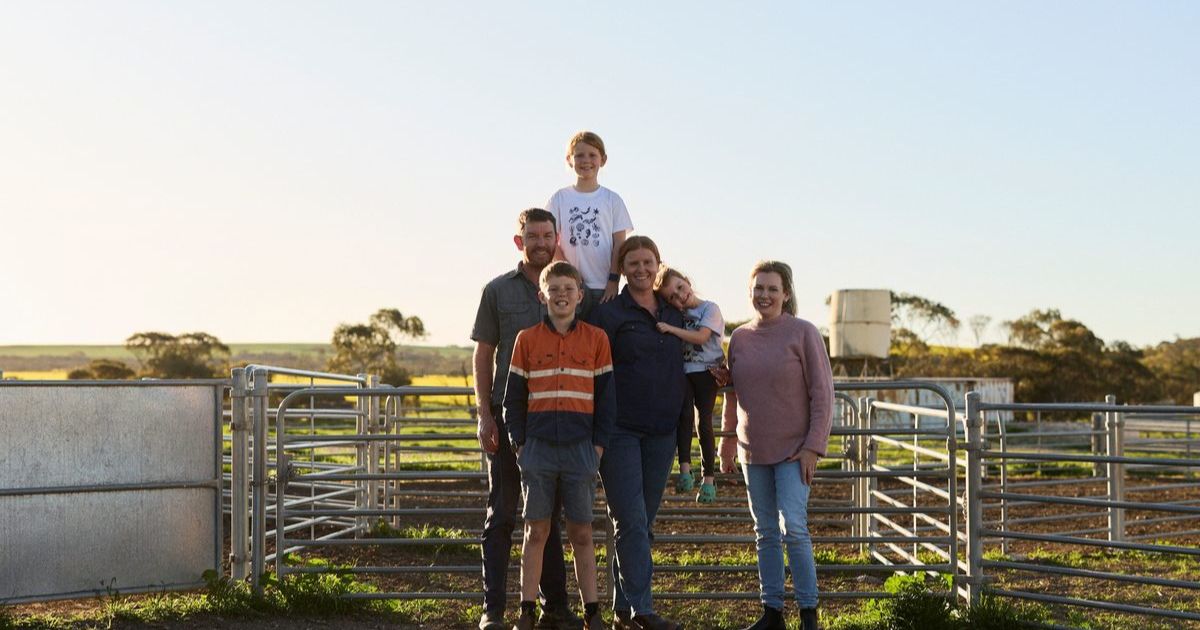Taking the classroom on the road
TEN students from St Martins Lutheran College recently returned from a cultural exchange trip to Germany, where they gained first-hand experience of life, language and learning in a new environment.
Accompanied by five parents and staff members Mr Andrew Meier, Miss Connie Ferraro and Mr Alan Connah, the group began their journey in the Rhine Valley, known for its historic towns and natural beauty. Early highlights included a visit to Eltz Castle and a night spent in a castle in the town of Bacharach. A cruise along the Rhine River offered views of the surrounding countryside and centuries-old castles.
The group also toured the Augustusburg Castle, notable for its marble staircases and landscaped gardens, before continuing on to Cologne. There, students visited the Lindt Chocolate Museum, where they learned about chocolate production and sampled various types.
In Cologne, students also toured the Cologne Cathedral and attended part of a church service, which included a performance on the pipe organ. The next stop was Hamburg, where the group explored the city’s historic areas, navigated the train system, and visited shopping centres.
A key part of the experience was the time spent in Dannenberg, where students were hosted by families connected to St Martins’ sister school, Fritz Reuter Gymnasium. The homestay gave students an opportunity to experience daily life in a German household, including local Easter traditions, home-cooked meals and cycling to school and around town.
“I was surprised that the traditions in Germany are older than I initially thought, and that the German Easter traditions are very intricate,” said Jayden, Year 11. “I loved exploring the cities and making friends when staying in our host families,” added Chelsea, Year 10.
While at Fritz Reuter Gymnasium, students attended classes and participated in a food exchange. They shared Australian items such as fairy bread, sausage rolls and ANZAC biscuits, and were introduced to traditional German dishes including Kartoffelpuffer (potato pancakes) and Spätzle mit Käse (cheesy pasta).
The trip also allowed students to put their German language skills to use in practical settings like restaurants, shops, and train stations. “Germans don’t wear helmets. Most children ride to school. Breakfast, lunch and dinner we sat around the table for all meals,” said Amelia, Year 10. “Breakfast in Germany normally consists of cold meats and cheese and sometimes cereal.”
In the final days of the trip, the group visited Berlin, where they explored key historical sites including the Jewish Museum and several World War II memorials. Students saw buildings still marked by wartime damage and gained insight into Germany’s recent history. “I learnt a lot about World War II and all the laws that were instigated while persecuting the Jews,” said Camilla, Year 10.
The cultural exchange, driven by Mrs Marion Fick’s tireless preparation and commitment to student learning, offered a broader understanding of German culture and history, while strengthening students’ language skills and building lasting international connections. For many, it was a transformative experience that extended far beyond the classroom.



















